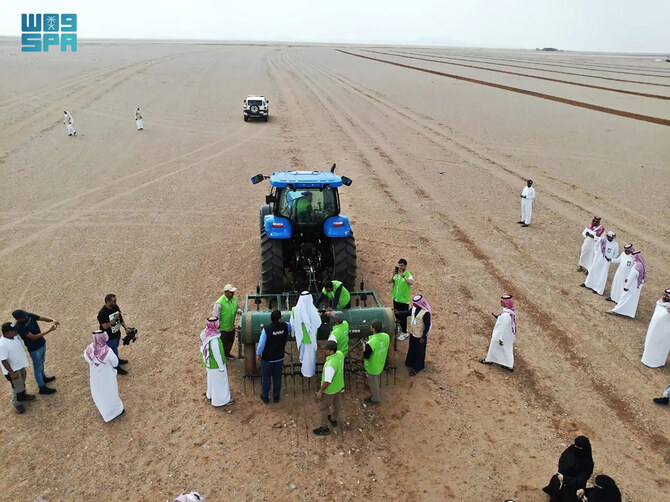Turin: The Saudi-Italian Business Forum concluded on Wednesday in Turin, bringing together officials, business leaders and experts from both countries.
Cristina Tumiatti, vice president of Piccola Industria Unione Industriali Torino, opened the third day of the forum with a speech on industrial excellence.
“Saudi Arabia represents a market of extraordinary strategic potential. Its geographic position and dynamic economic environment make it a natural hub for businesses,” she said.
Tumiatti shared her personal expereinces in the Kingdom and praised its rapid transformation: “I have witnessed firsthand the progress and openness that characterize the Saudi business environment.”
She also emphasized Italy’s focus on Middle East partnerships: “Our initiatives promote digital ecological manufacturing and investments aimed specifically at companies entering the Saudi market.”
Waleed Al-Rubaie, general manager of petrochemicals at the Ministry of Investment, addressed global economic challenges and stressed the need for international cooperation.
“We come together at a time where the world is facing many challenges, and we can only overcome these by working together,” he said.
Al-Rubaie reaffirmed Saudi Arabia’s green commitment: “We are dedicated to balancing energy availability with sustainability through our new green initiatives.”
His remarks underscored the energy sector’s shift toward sustainability as key to tackling climate change and ensuring long-term economic resilience.
Fahad Al-Subaie, director of clubs investment at the Ministry of Sports, spoke about the link between sports and economic development.
“We are targeting a 3 percent GDP contribution by 2030, aiming to create around 200,000 jobs,” he said.
He highlighted major investments since 2018, including the Newcastle acquisition and Formula One partnerships.
“These initiatives are not just about sports; they are about creating opportunities and driving economic growth,” he added, noting their impact on tourism and jobs.
Al-Subaie also pointed to Saudi Arabia’s global ambitions: “Our successful hosting of the 2024 World Cup is a testament to our commitment, as we are the first nation to achieve this with the highest attendance in history.”
Marco Osnato, president of the Bilateral Friendship Section UIP Italy-Saudi Arabia, highlighted the strengthening ties between the two countries.
“Under the leadership of Prime Minister Meloni, Italy and Saudi Arabia are becoming strategic partners. This partnership is reflected in our growing economic relations,” he said.
He stressed the role of political dialogue in boosting economic ties: “Frequent visits and agreements between our nations serve to solidify our commitment to mutual growth.”
Osnato added: “Italy is well-positioned to become a key player in the hydrogen supply chain,” pointing to shared goals in energy transition and sustainability.
Kamel Al-Munajjed, chairman of the Saudi-Italian Business Council, reaffirmed Saudi Arabia’s commitment to Italy. “This is the largest Saudi business mission to ever visit Italy, reflecting our serious commitment to collaboration,” he said.
Al-Munajjed led a delegation of nearly 70 Saudi representatives, highlighting the forum’s importance in strengthening business ties.
Sara Al-Faiez, senior manager at the Saudi Investment Promotion Authority, Invest Saudi, presented the Kingdom’s investment landscape: “Our goal is to create an attractive investment environment through policy reforms and partnerships.”
She noted the Kingdom’s strategic location: “Saudi Arabia is a global hub, with 80 percent of the world’s population within a seven-hour flight.”
Al-Faiez highlighted strong investment opportunities, especially in sectors aligned with Vision 2030.
As the forum concluded, both nations reaffirmed their commitment to stronger cooperation, leveraging shared strengths to navigate global challenges.
Discussions and partnerships formed during the forum are expected to deliver mutual benefits as Saudi Arabia and Italy pursue new opportunities in a shifting global economy.































